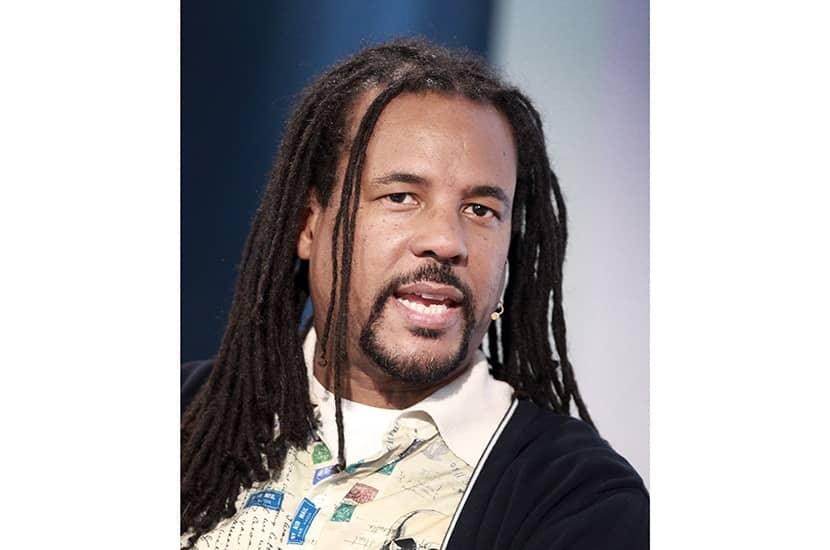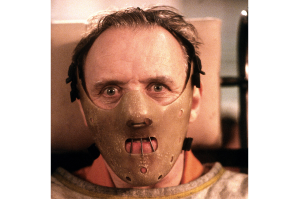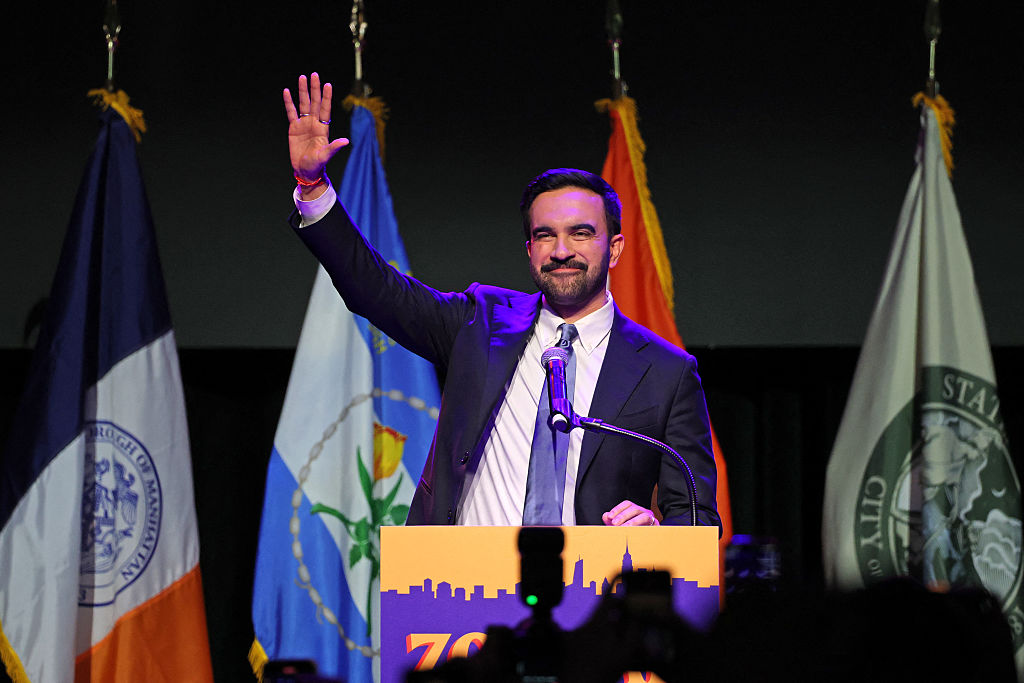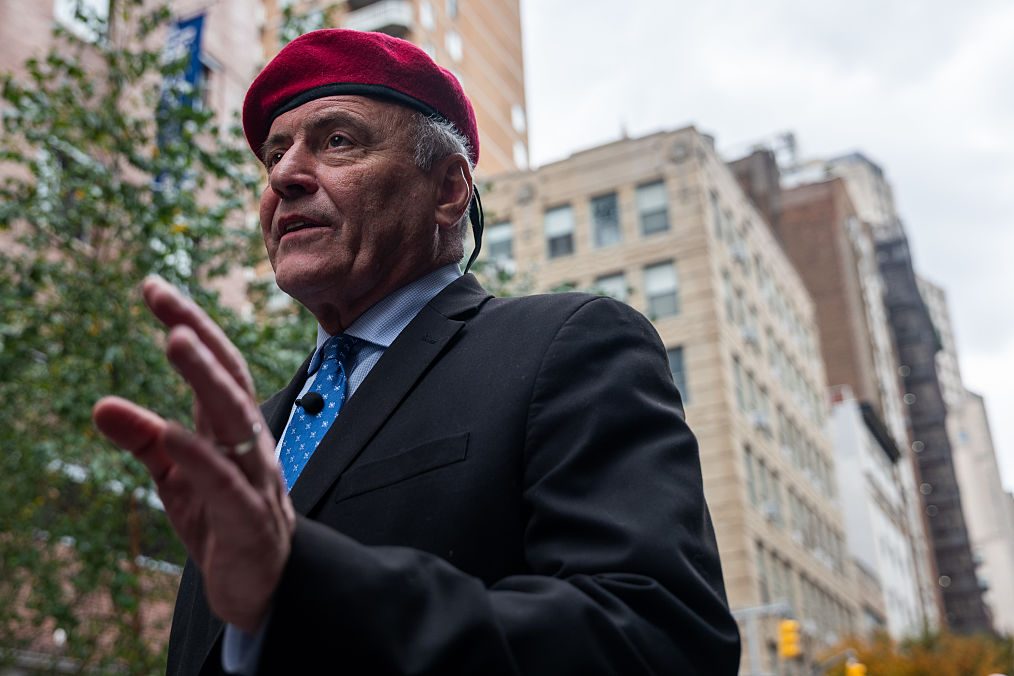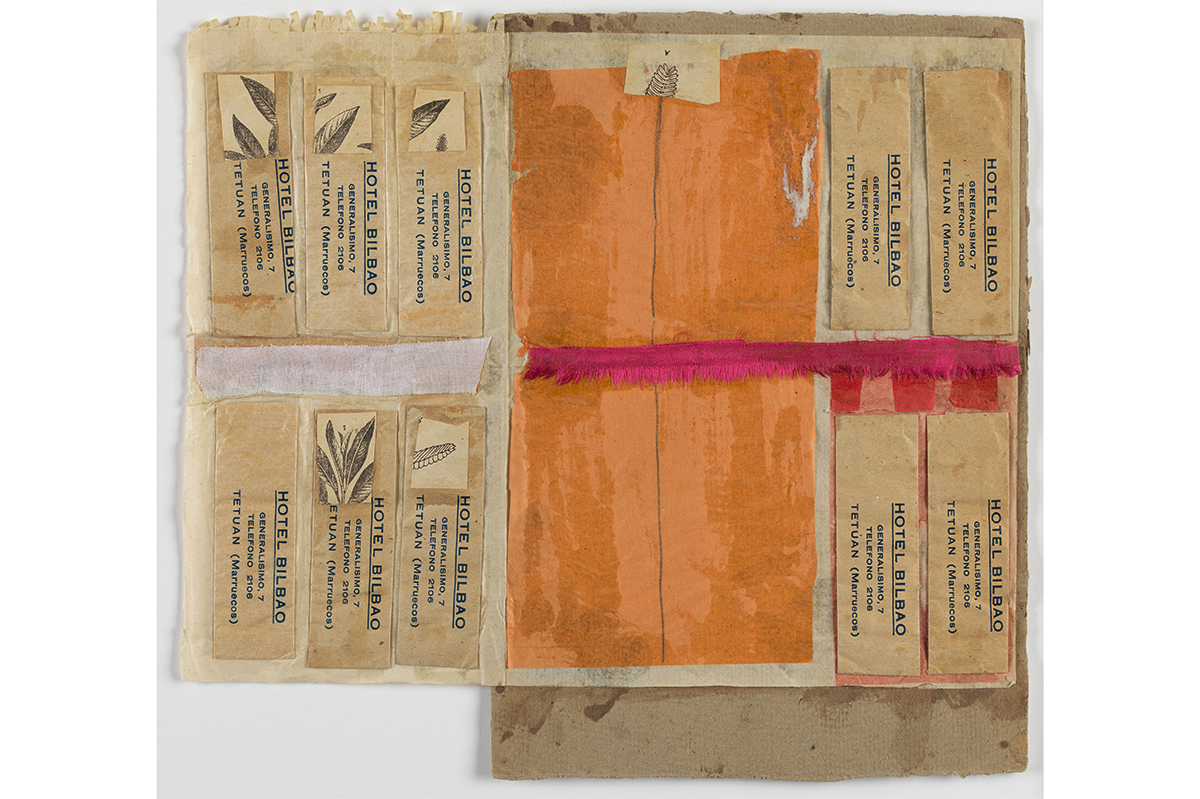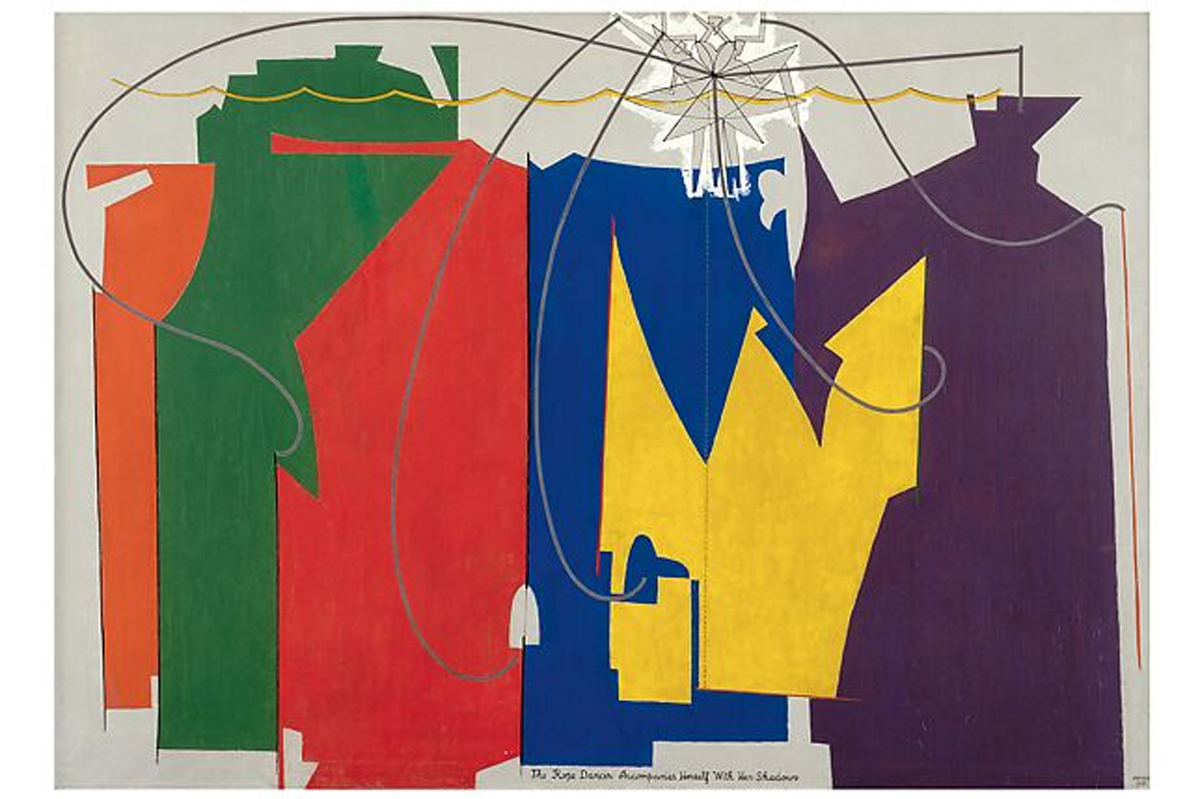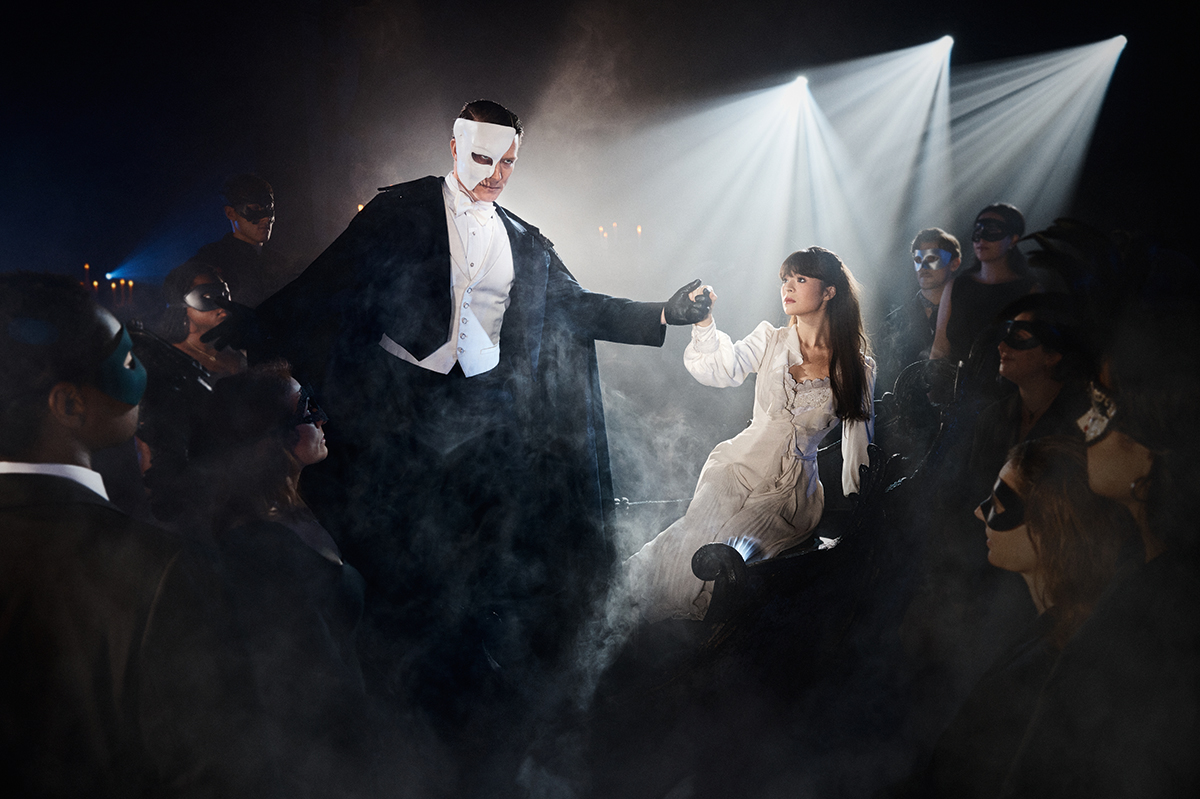For modern America, Harlem is a once maligned, now much vaunted literary totem, which continues to occupy a gargantuan place both in the psychogeography of New York and the soul of the nation. Langston Hughes, Claude McKay, Zora Neale Hurston, Nella Larsen, James Baldwin and Chester Himes are just a few of the writers whose names are associated with the 50-odd blocks heading uptown from 110th Street at the northern end of Manhattan. Their echoes, traces and spirits can all be discerned in Colson Whitehead’s outstanding new novel Harlem Shuffle — a genre-defying blast from a bygone era, set between 1959 and 1964, yet one which urgently speaks to the present.
It is easy to empathize with the protagonist Ray Carney, a low-rent furniture store owner striving to better himself, who, from his shop on 125th Street, becomes a small-time fence for stolen goods. He is inveigled by his cousin Freddie into a bank heist at the Hotel Teresa (‘the Waldorf of Harlem’), the ramifications of which drive the plot. Meanwhile, Carney struggles to reconcile the divergent aspects of his nature: his longing for cosy, law-abiding domesticity with his wife Elizabeth and their two young children; his struggle to escape the shadow of his own petty hoodlum of a father; his desire to keep the feckless but good-natured junkie Freddie out of trouble.
Whitehead’s Harlem, with its insalubrious tenements, poverty and drugs, is essentially that of Chester Himes, but he makes the territory his own, oscillating between the cerebral and the demotic. The novel works as both a hardboiled crime thriller and a period morality tale. Its prose mixes ebullient street vernacular with laconic descriptive passages and gnomic wisdom, and it has a positively Dickensian cast of assorted detritus — hustlers, hoodlums, heavies, prostitutes and shady businessmen with names like Miami Joe, Chink Montague and Pepper.
Yet the true hero of this delicately nuanced, witty and emotionally complex tale is Harlem itself. The novel is not only a moving portrait of the district, for long the spiritual mecca of Black America, but also an elegy for it. Nowadays, blonde female joggers abound on 135th street and Starbucks and H&M have long since replaced the fried chicken and soul food joints which once adorned Lenox Avenue. Pockets of old Harlem still remain, but Whitehead’s depiction of the neighborhood serves to remind us of what has been lost in the name of progress.
Set against the shifting tectonic plates of race, class and place, the book eloquently describes the hopes, dreams, fears and thwarted ambitions of black quotidian humanity, proffering profound insights into the human heart. It is about living in the shadow of one’s father, developing a moral compass of one’s own and learning to do the right thing. Given the social turbulence following the murder of George Floyd, with Harlem Shuffle Whitehead stakes a claim to be the storyteller America needs right now.
This article was originally published in The Spectator’s UK magazine. Subscribe to the World edition here.



